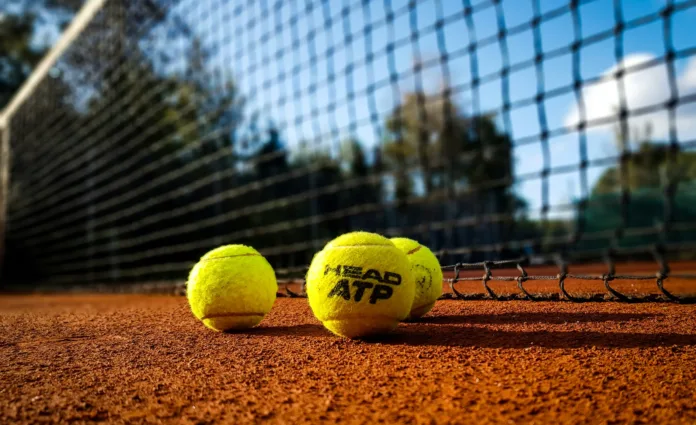Tennis world rocked as Saudi Arabia wins bid to host new ATP Masters 1000 event from 2028
Saudi Arabia has secured a major foothold in world tennis after being confirmed as host of a new ATP Masters 1000 tournament from 2028, expanding the sport’s most prestigious circuit for the first time in nearly four decades.
The one-week, 56-player event will take place in Riyadh, most likely in February, cementing the Gulf kingdom’s growing dominance across global sport. It marks the first new Masters 1000 addition since the series began in 1990, joining the elite line-up alongside Indian Wells, Miami, Monte Carlo, Madrid, Rome, Canada, Cincinnati, Shanghai and Paris.
Saudi Arabia already hosts the WTA Finals and the Next Gen ATP Finals, and its Public Investment Fund (PIF) is now the official naming partner of both ATP and WTA world rankings. The new event represents another striking victory in Riyadh’s campaign to lure international sport — and its biggest stars — to the desert.
ATP chairman Andrea Gaudenzi confirmed that, unlike other Masters events, the Saudi tournament will not be mandatory for players, acknowledging widespread concerns about the tour’s congested calendar and short off-season.
“We are dealing with players who are independent contractors, so ultimately they are free to choose their own schedule,” Gaudenzi said. “I agree the off season is too short, not only for players but for fans too — everyone needs time to breathe.”
Embed from Getty Images
His comments come amid growing tension between players and organisers over workload and injuries. Several top names — including Carlos Alcaraz, Holger Rune, and Emma Raducanu — have criticised the relentless pace of the tour. Earlier this month, Novak Djokovic withdrew from the Paris Masters due to injury, while Britain’s Jack Draper urged the sport to “adapt” for player longevity.
The new event will be the first to expand the Masters calendar since 1990, reflecting tennis’s shifting commercial landscape. Saudi Arabia beat out rival bids from Dubai, Doha, Abu Dhabi, and Australia, after an 18-month process that insiders described as “the sport’s worst kept secret.”
Scheduling remains contentious. February is the most likely window, but that could clash with existing events in Doha, Dubai, Rio de Janeiro, Buenos Aires, and Rotterdam. Moving the tournament earlier in the year could upset Tennis Australia, which relies on the world’s best players to appear at events ahead of the Australian Open.
ATP officials are reportedly exploring a dual structure — with parallel February tournaments in the Middle East and South America — to balance the global calendar.
Gaudenzi said the decision reflects “a new era of opportunity and temptation,” hinting at the influence of Saudi investment in reshaping the sport. “There’s a lot more money, which means a lot more temptation to play more and elsewhere,” he admitted. “But the top players have always had the ability to say no and focus on the Slams, Masters, and ATP Finals — that’s how they’ll be remembered.”
The minimum prize fund for Masters 1000 tournaments currently stands at €6.1m (£5.3m), though Saudi organisers are expected to offer significantly more. With the PIF’s backing, the Riyadh event could become one of the richest in tennis history.
There is no indication yet that the new event will include a women’s draw. The ATP and WTA calendars are currently capped, and existing tournament owners — particularly those in Doha and Dubai — could veto any expansion. But organisers in Riyadh have made clear their ambitions for future joint events.
Danny Townsend, chief executive of SURJ Sports Investment, a PIF company, said: “We’re very cognisant of serving both the men’s and women’s game. Having them in sequence or together in Saudi Arabia would be great — it wasn’t possible this time, but we’d never say never.”
The announcement cements Saudi Arabia’s growing presence in elite sport, following massive investments in football, golf, Formula 1, and boxing. But it will also reignite debate over the kingdom’s human rights record, particularly its treatment of women and the criminalisation of homosexuality.
Despite criticism, tennis’s governing bodies appear undeterred, driven by financial muscle few can match. With Saudi Arabia’s tennis empire expanding fast, the sport’s future — and its moral compass — may soon be tested in the heat of Riyadh.
